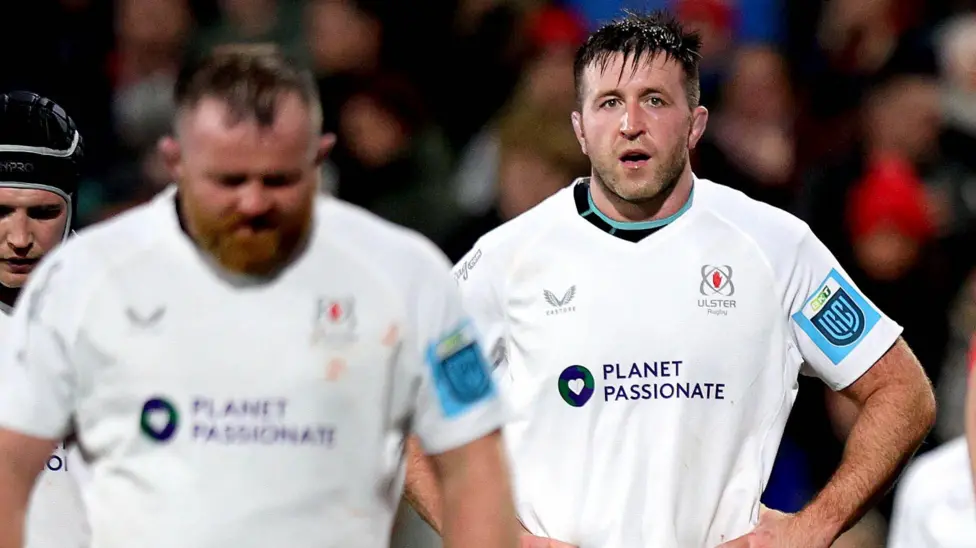
Ulster Season Unravels: Play-Off Hopes Dashed in Forgettable Campaign
No Champions Cup, No URC Play-Offs – Just a Long Summer Ahead
There was a time, not so long ago, when Ulster were regularly mixing it with the best in Europe, standing toe-to-toe with the likes of Toulouse, Leinster and La Rochelle. But the 2024–25 season will go down as a bruising one in Belfast — a campaign that ended with no URC play-off place, no Champions Cup rugby for next year, and more questions than answers about what comes next.
Friday’s 38-20 loss away to Munster might not have mathematically sealed their fate at the time, but the writing was already on the wall. The defeat was Ulster’s seventh in their last eight matches, and when results elsewhere trickled in over the weekend, it confirmed what many supporters had feared for weeks: Ulster would be spectators for the business end of both major competitions.
It’s a stark comedown for a club that once prided itself on consistent top-tier appearances. But truthfully, this fall has been a long time coming.
A Season Defined by Second-Half Fadeouts
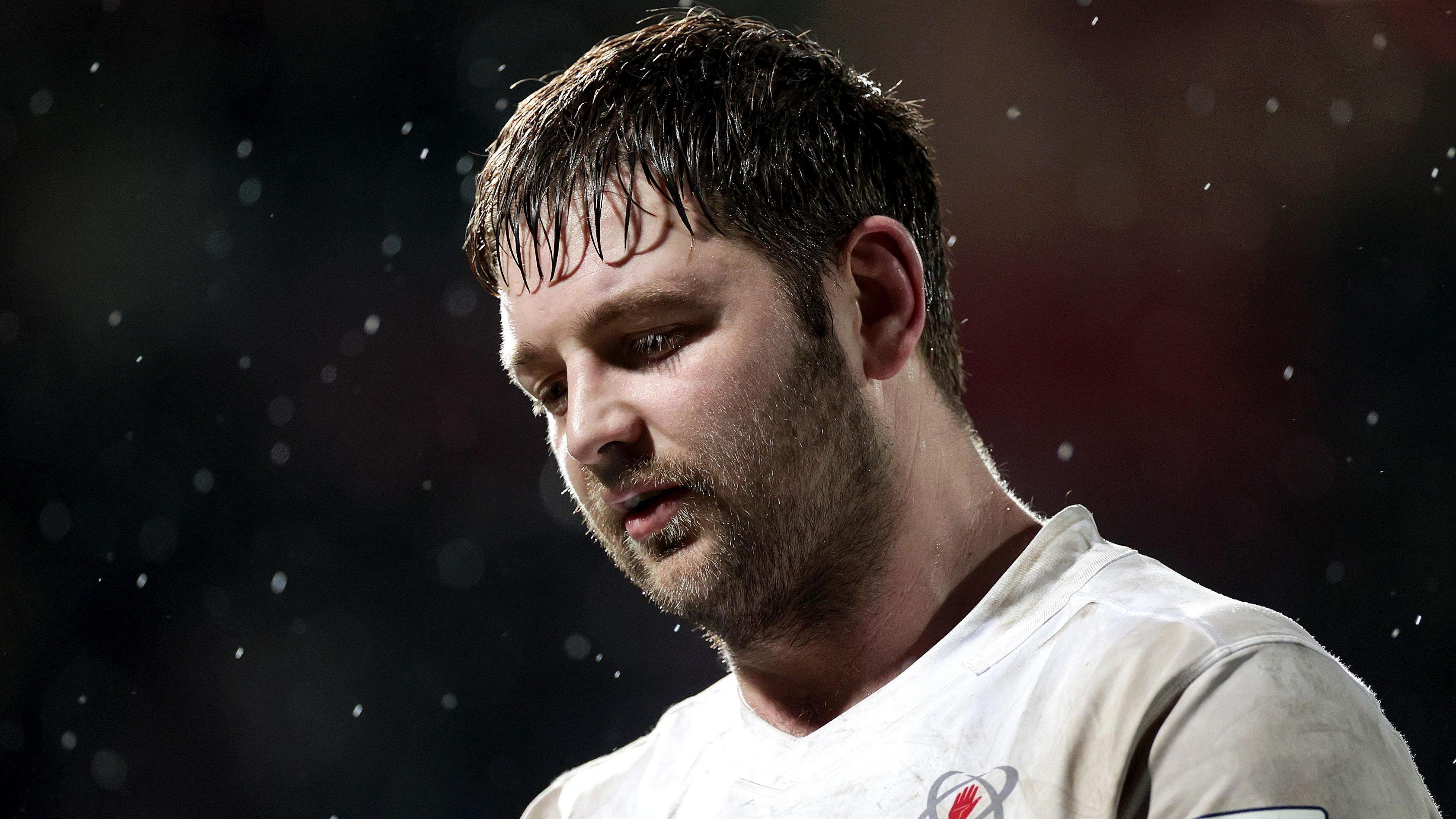
Ulster woes this season were rooted
There are seasons where a team feels unlucky, where the bounce of the ball just doesn’t go your way. This wasn’t one of those. Ulster’s woes this season were rooted not in misfortune, but in repeated, frustrating patterns — none more damaging than their second-half collapses.
Their failure to score a single point after the break against Munster was the sixth time this year that had happened. Not once or twice — six times. You don’t make the play-offs like that.
In two especially galling matches, Ulster blew 19-0 leads — once against Cardiff and again versus the Sharks. Both games looked in the bag, only to turn into nightmares. Tight contests against Benetton, Bordeaux-Bègles and Leicester also slipped away in the latter stages. It became a trademark: hang tough for 40, then fade.
Even the 43-18 loss to lowly Zebre in January – a game where they failed to register in the first half – told a similar story. Ulster too often drifted through long spells of games, and at this level, you pay for that.
Sure, there were occasional fightbacks — against Glasgow, the Scarlets and the Dragons — but they were the exception, not the rule. If Richie Murphy’s side want to bounce back next season, ending these second-half no-shows has to be priority number one.
Injury Crisis Hits Hard
Ulster’s injury list this season has read like a who’s who of key men. Iain Henderson, the captain and spiritual anchor of the side, only returned for a brief cameo against Munster. That was his first league appearance since October.
The story was similar across the squad. Robert Baloucoune featured just twice. James Hume made only four appearances. Tom Stewart, Cormac Izuchukwu, Rob Herring, Stuart McCloskey and Jacob Stockdale all had seasons disrupted by knocks and niggles.
The result? A team consistently without its most experienced, battle-hardened core. By the time Ulster’s squad looked close to full strength, their season was already circling the drain.
Only three players – Nick Timoney, Mike Lowry and Dave McCann – managed more than 14 starts. That’s not enough continuity to compete at the highest level, and in a tight URC, where small margins count, it was a killer.
Experience Thinned by Exodus
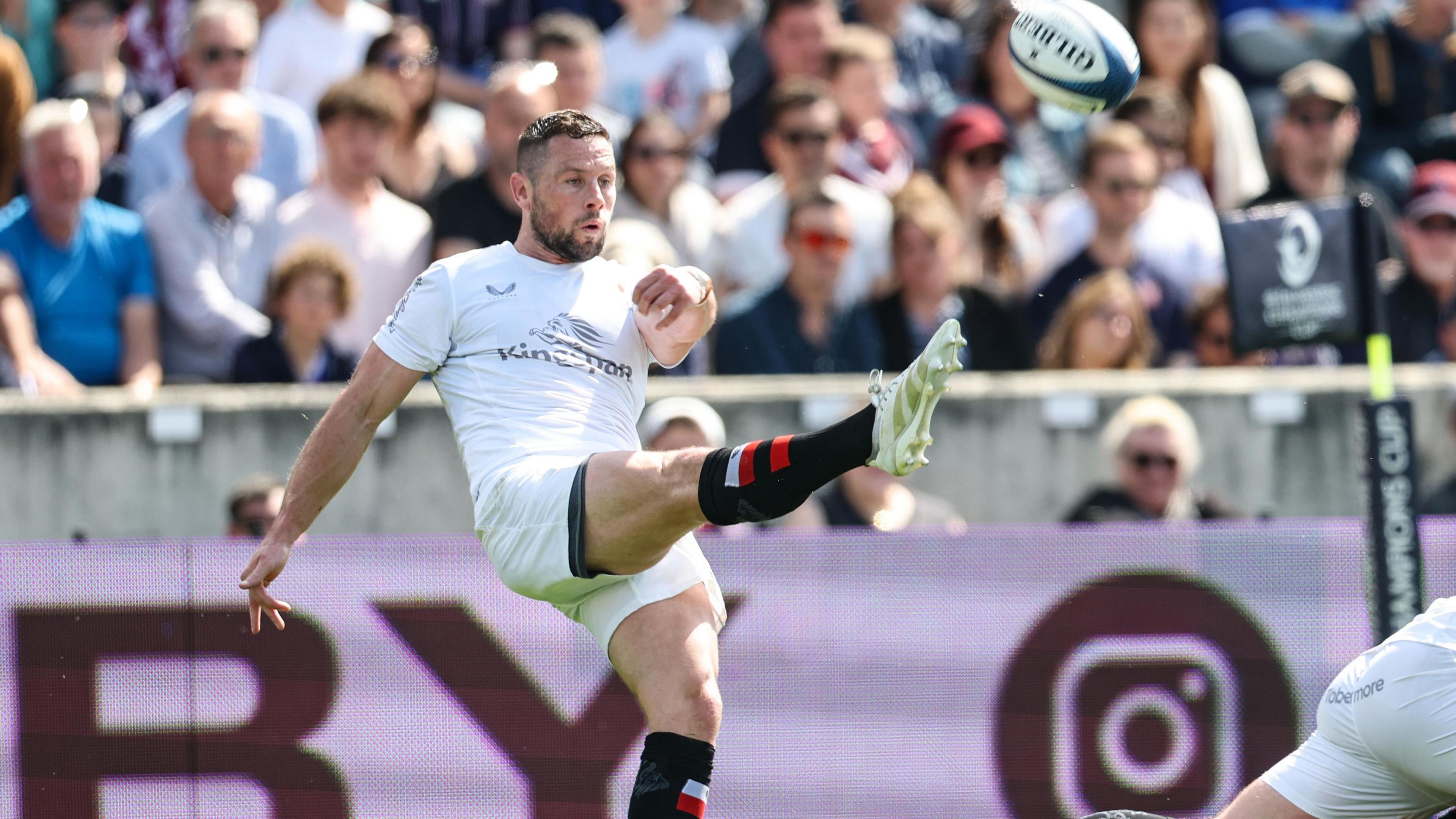
Ulster aren’t where they want to be — and they know it.
Of course, injuries are part of rugby. But what has hurt Ulster even more is that they no longer have the squad depth to absorb them.
Budget constraints have meant that over the past two off-seasons, more seasoned players have left than arrived. Big names like Duane Vermeulen, Sam Carter, Rory Sutherland and Jeff Toomaga-Allen departed, and weren’t replaced with similar calibre.
Kitshoff and Dave Ewers followed last summer, while long-time club stalwarts such as Craig Gilroy, Luke Marshall, Ian Madigan and Will Addison have also moved on or hung up their boots.
That level of turnover is hard to manage. It leaves a leadership void and places too much pressure on emerging players still finding their feet.
Ulster are banking on their academy and younger stars, and that might be the right long-term call. But in the short term, it’s left the squad brittle and uneven — and this season, they paid the price.
The Cost of Challenge Cup Rugby
Now, with no URC play-off to look forward to and no ticket to the Champions Cup, the financial implications start to bite.
John Cooney, a fan favourite and long-serving scrum-half, is off to Brive in France. So too is lock Kieran Treadwell, who’s rejoining Harlequins. Andy Warwick and Alan O’Connor — a combined 421 Ulster appearances between them — are on their way out as well.
That’s a lot of experience walking out the door. And while there’s excitement around the incoming Juarno Augustus from Northampton, he’s the only confirmed arrival so far.
Replacing what’s being lost won’t be easy — especially not when Ulster are facing up to a season in the second-tier European competition and the reduced revenue that comes with it.
There’s a real risk of a downward spiral here: fewer resources lead to weaker squads, which leads to poorer results, which leads to even fewer resources. Ulster must find a way to break that cycle.
Glimpses of Hope Amid the Gloom
It hasn’t been all doom and gloom. For all the disappointment, there are green shoots.
Cormac Izuchukwu continues to grow into a powerful, dynamic second-row presence. He made his Ireland debut this season and has added leadership and line-out steel to his obvious physicality.
Jack Murphy’s late-season emergence at fly-half offered something different. Alongside James McNabney — another of Ireland’s Under-20 Grand Slam stars — he showed real promise in a tough run of games.
There were spells in matches against Leinster, Bordeaux and the Sharks where Ulster actually looked lively and ambitious again. Those passages didn’t last long enough, and they didn’t translate into results, but they hinted at what might come next.
The Road Back Starts Now
For Richie Murphy, the hard work starts immediately. He’s talked about “dusting themselves off” and resetting for next year. He’ll need to back those words up with actions — in recruitment, in conditioning, in leadership development, and in how Ulster manage games.
This summer will be critical. Not just to plug the holes in the squad, but to rebuild confidence and set the tone for a group that’s had its belief shaken.
It won’t be easy. With expectations lowered and fans disheartened, Ulster must embrace the underdog role. But if the young core can kick on, and a few shrewd signings arrive to bolster depth, the bounce-back could come quicker than expected.
For now, though, it’s a summer of introspection in Belfast. Ulster aren’t where they want to be — and they know it.





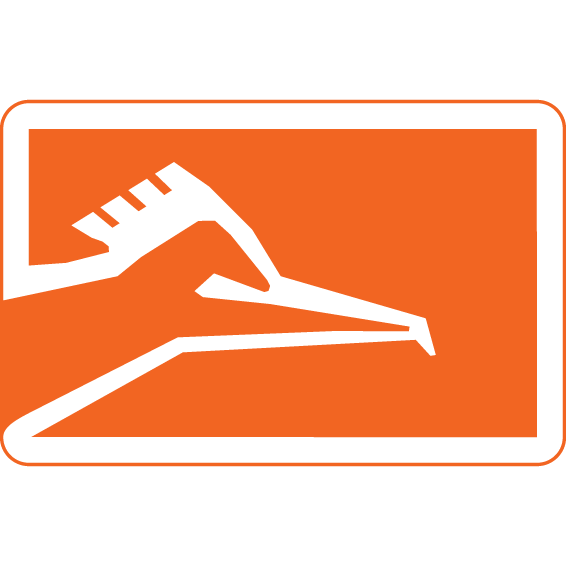

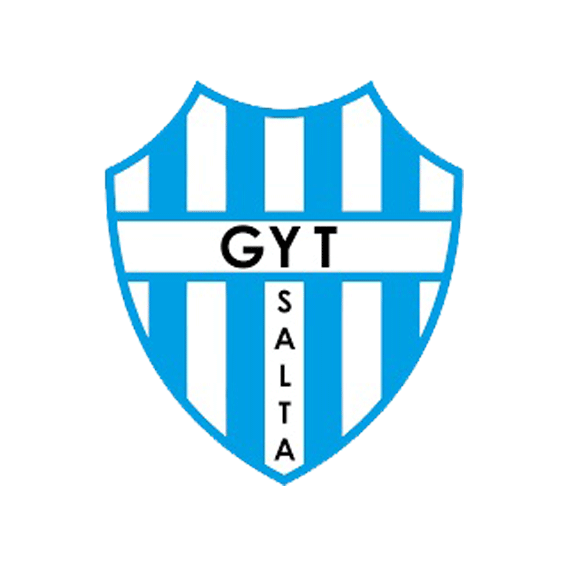







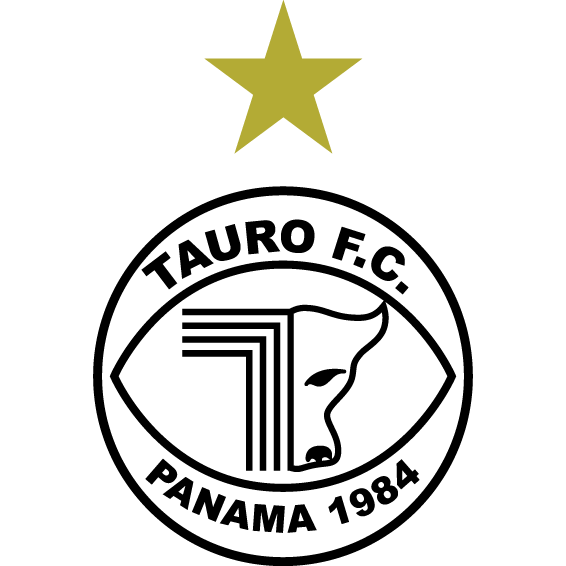

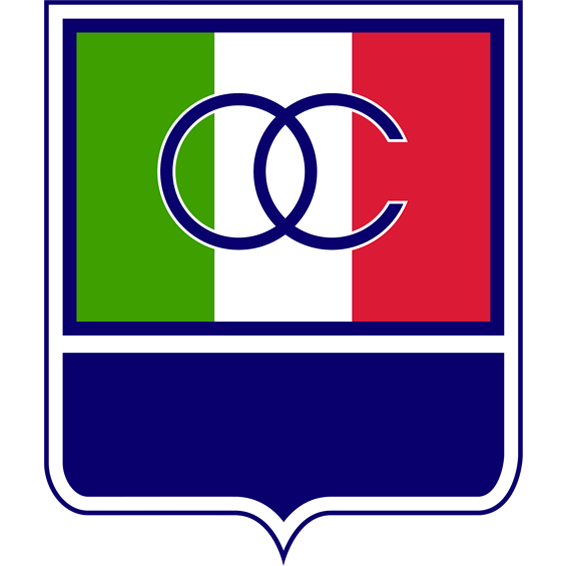
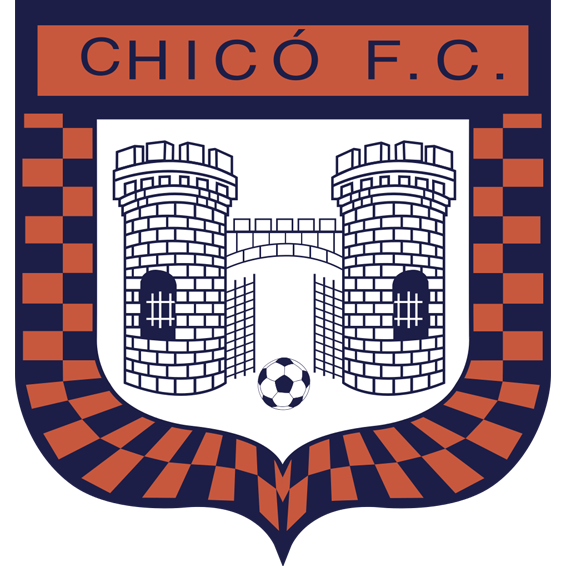
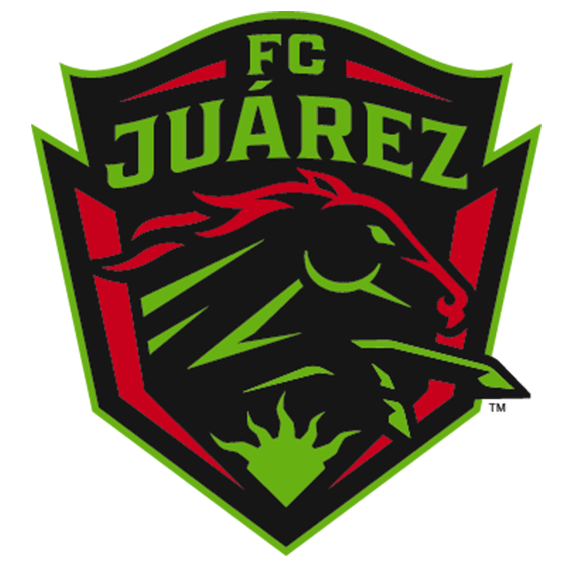

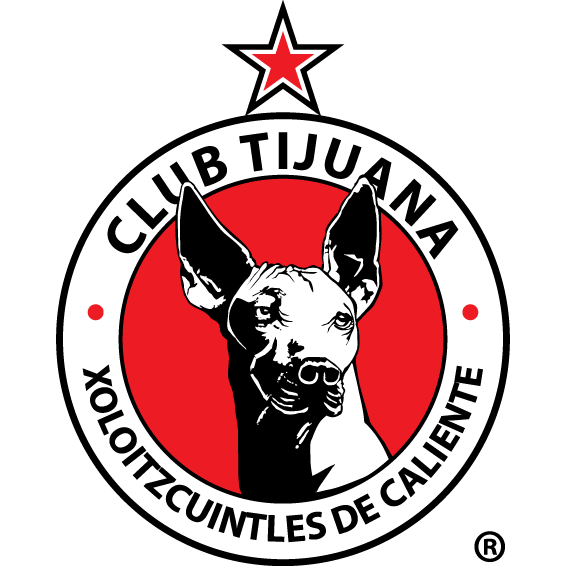

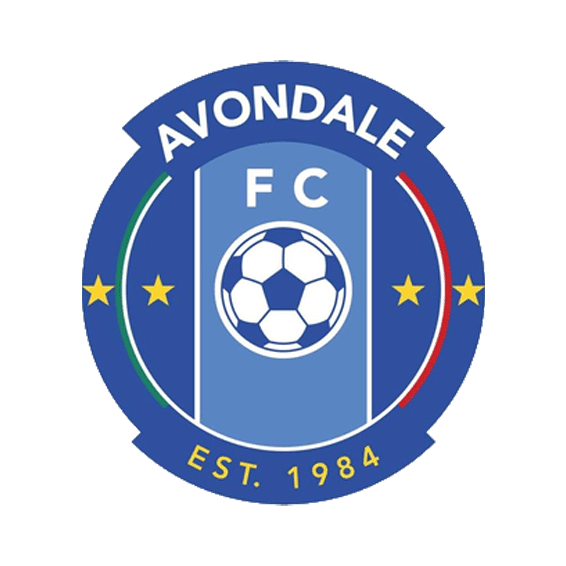
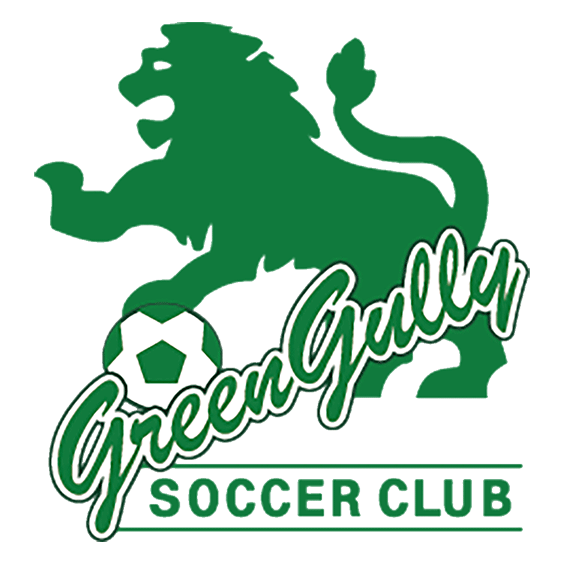
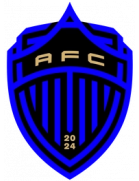
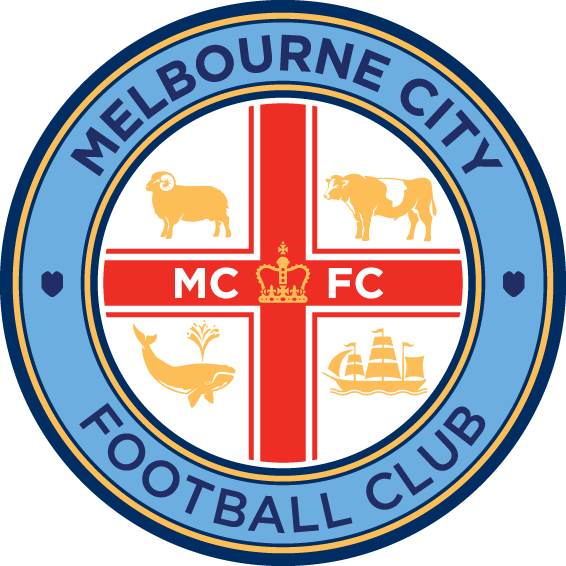



























There are no comments yet. Be the first to comment!